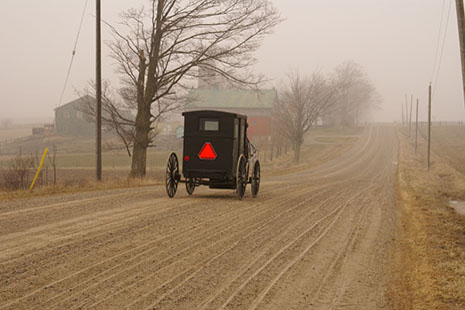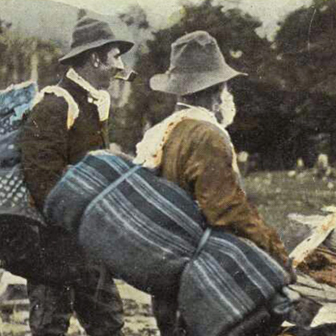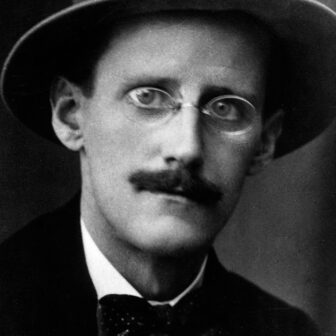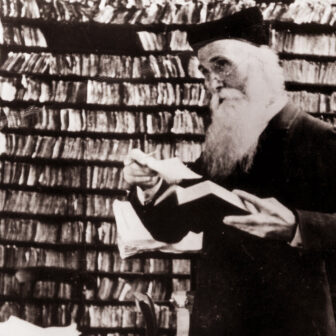For the last twenty-three years, Kate Burridge has been travelling annually to Waterloo County in Ontario, Canada. There she spends research and social time with members of an Old Order Mennonite community similar in their beliefs and customs to another branch of the Anabaptist diaspora, the Amish. For over four hundred years, as a largely oral language, Pennsylvania German has survived alongside one of the globe’s great dialect crushers – English. This is the intimate language of home, family and community for these people who reject much of what the modern world takes for granted. Humility, simplicity and separateness are central to their creed. But what are the connections between the evolution of their language – Pennsylvania German – and their religion, culture and ethnicity? Is it an old language frozen in time or surviving because it is adaptable? Kate Burridge tells Peter Clarke that, after a generation collecting data around the cornfields of southern Ontario, some of the more universal linguistic implications of her research are becoming clearer.
Podcast theme created by Ivan Clarke, Pang Productions




